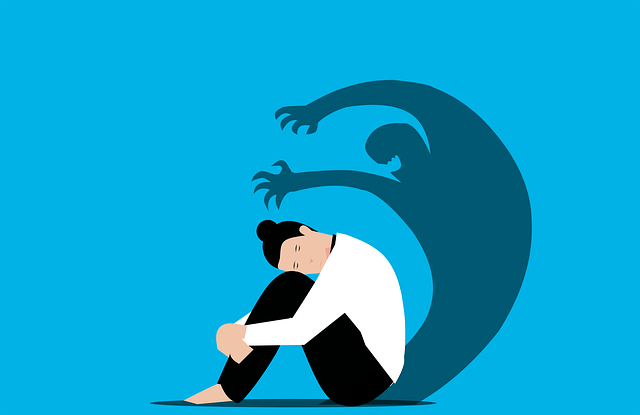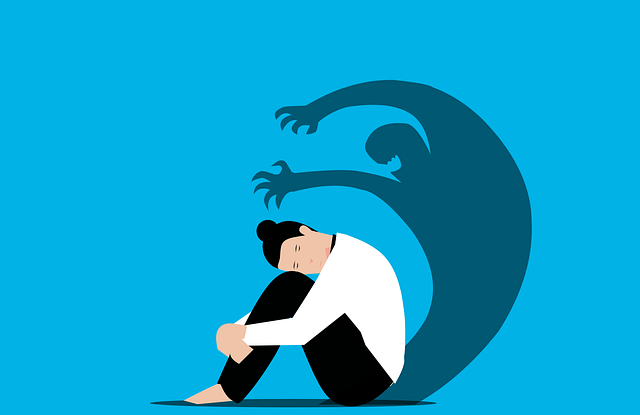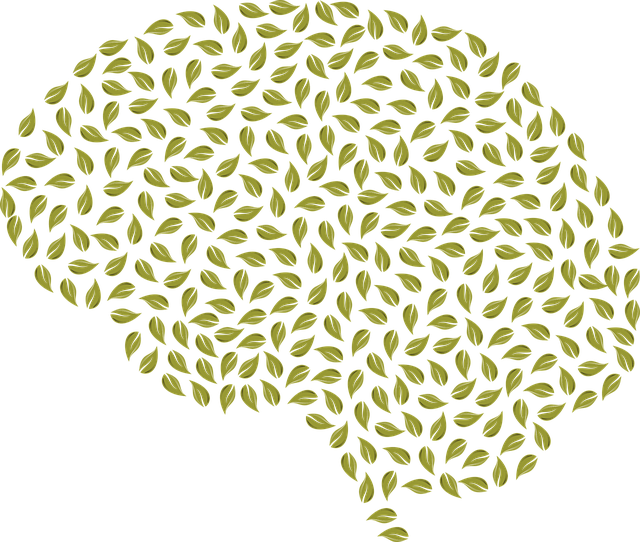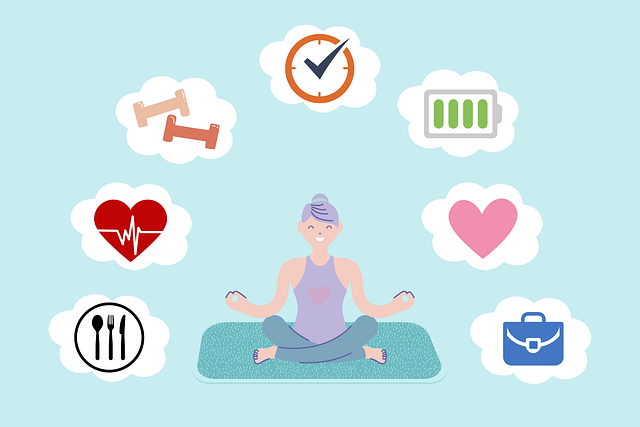Understanding mood regulation is crucial for emotional well-being, particularly for individuals with Boulder Adjustment Disorder (BAD). BAD therapy leverages techniques like Cognitive Behavioral Therapy (CBT), mindfulness practices, and stress management workshops to empower individuals in navigating life changes. CBT identifies and modifies negative thought patterns, while mindfulness meditation cultivates non-judgmental awareness, helping people gain emotional control and resilience. Lifestyle modifications, including physical activity, balanced diet, and daily mindfulness practices, are essential for holistic well-being. Building resilience through CBT, stress management, and emotional regulation skills, combined with self-care and a supportive network, offers effective long-term solutions for managing BAD symptoms.
Mood regulation is a vital skill for navigating life’s challenges. This comprehensive guide explores various strategies to manage and maintain emotional balance, focusing on Boulder Adjustment Disorder therapy techniques. We delve into evidence-based practices like Cognitive Behavioral Therapy (CBT), mindfulness meditation, and lifestyle adjustments to help individuals cope with mood fluctuations. Additionally, we discuss building resilience through coping strategies for long-term mental wellbeing, offering a holistic approach to mastering one’s emotions.
- Understanding Mood Regulation and Boulder Adjustment Disorder
- Cognitive Behavioral Therapy Techniques for Mood Management
- Mindfulness and Meditation Practices to Calm Emotional Storms
- Lifestyle Adjustments for Sustainable Mood Balance
- Building Resilience: Coping Strategies for Long-Term Wellbeing
Understanding Mood Regulation and Boulder Adjustment Disorder

Understanding Mood Regulation is a crucial step towards managing our emotional well-being. It involves recognizing and adjusting our emotional responses to various life situations. Boulder Adjustment Disorder (BAD), characterized by persistent feelings of sadness, irritability, or anxiety, highlights the need for effective mood regulation strategies. This disorder often stems from significant life changes or transitions, requiring individuals to adapt and find new equilibrium.
Boulder Adjustment Disorder Therapy focuses on empowering individuals to navigate these adjustments more effectively. It involves a combination of techniques such as cognitive-behavioral therapy (CBT), mindfulness practices, and stress management workshops organized by mental wellness organizations. Through Community Outreach Program Implementation, individuals learn to identify triggers, develop coping mechanisms, and enhance their overall resilience, thereby reducing the impact of BAD symptoms and promoting better mental health.
Cognitive Behavioral Therapy Techniques for Mood Management

Cognitive Behavioral Therapy (CBT) is a powerful tool in managing and regulating moods, offering individuals effective strategies to navigate emotional challenges. CBT focuses on identifying and changing negative thought patterns and behaviors that contribute to mood disorders like Adjustment Disorder with Depressed Mood (Boulder Adjustment Disorder). By understanding the connection between thoughts, feelings, and actions, individuals can gain control over their emotional responses.
This therapy encourages clients to develop a self-care routine centered around resilience building and self-esteem improvement. It teaches them to challenge negative thoughts, replace them with more realistic and positive ones, and modify behaviors that may be exacerbating mood issues. Through CBT, one can learn coping mechanisms tailored to their unique needs, fostering better mental health and overall well-being.
Mindfulness and Meditation Practices to Calm Emotional Storms

In the quest to manage moods and overcome emotional turmoil, mindfulness and meditation practices have emerged as powerful tools. These ancient techniques, often central to Boulder Adjustment Disorder Therapy, offer a modern solution for those dealing with stress and anxiety. By focusing on the present moment and cultivating non-judgmental awareness, individuals can gain a deeper understanding of their emotions and learn to navigate intense feelings more effectively.
Meditation encourages a shift in perspective, allowing people to observe their thoughts and sensations without attachment. This practice is instrumental in burnout prevention, as it fosters mental resilience and equips individuals with the mind over matter principles needed to confront challenges head-on. Anxiety relief is another significant benefit, as mindfulness techniques help calm the mind and reduce the intensity of emotional storms, promoting a sense of inner peace and stability.
Lifestyle Adjustments for Sustainable Mood Balance

Maintaining a balanced mood is a cornerstone of overall well-being. Lifestyle adjustments play a pivotal role in achieving and sustaining this balance. Simple yet profound changes, such as regular physical activity, can trigger the brain’s release of endorphins, often referred to as ‘feel-good’ chemicals, which significantly improve mood. Moreover, adopting a balanced diet rich in omega-3 fatty acids and vitamins can support mental health, as nutrition directly impacts neurotransmitter production.
In today’s fast-paced world, incorporating practices like Mindfulness Meditation and Emotional Intelligence training into daily routines can be transformative. These tools empower individuals to recognize and manage their emotions effectively, fostering a sense of calm and resilience. Additionally, cultivating Positive Thinking habits through journaling or cognitive reframing techniques has been shown to reduce stress and enhance one’s overall outlook on life, acting as potent Boulder Adjustment Disorder Therapy aids.
Building Resilience: Coping Strategies for Long-Term Wellbeing

Building resilience is a cornerstone for managing long-term mental wellbeing, offering individuals tools to cope with life’s challenges and adapt to change. This involves developing coping strategies that go beyond immediate stress relief, aiming to strengthen an individual’s ability to navigate difficult situations over time. One effective approach is Cognitive Behavioral Therapy (CBT), which helps identify and challenge negative thought patterns contributing to mood disorders like Boulder Adjustment Disorder. By replacing these with more adaptive thoughts and behaviors, CBT fosters positive thinking and empowers individuals to better manage their emotions.
Additionally, skills in stress management, mindfulness, and emotional regulation become invaluable assets in the journey towards resilience. Engaging in regular self-care practices, such as exercise, sufficient sleep, and mindful activities, can help stabilize mood and reduce reactivity to stressors. Coping skills development, when combined with a supportive network of family, friends, or therapy groups, creates a robust foundation for overcoming challenges and cultivating lasting mental wellbeing.
Mood regulation is a multifaceted process that involves understanding and managing internal states. By integrating cognitive behavioral therapy techniques, mindfulness practices, lifestyle adjustments, and building resilience, individuals can effectively navigate challenges like Boulder Adjustment Disorder. These strategies empower people to achieve sustainable emotional balance and enhance their overall wellbeing. Remember, with the right tools and support, maintaining a stable mood is achievable and transformative.














